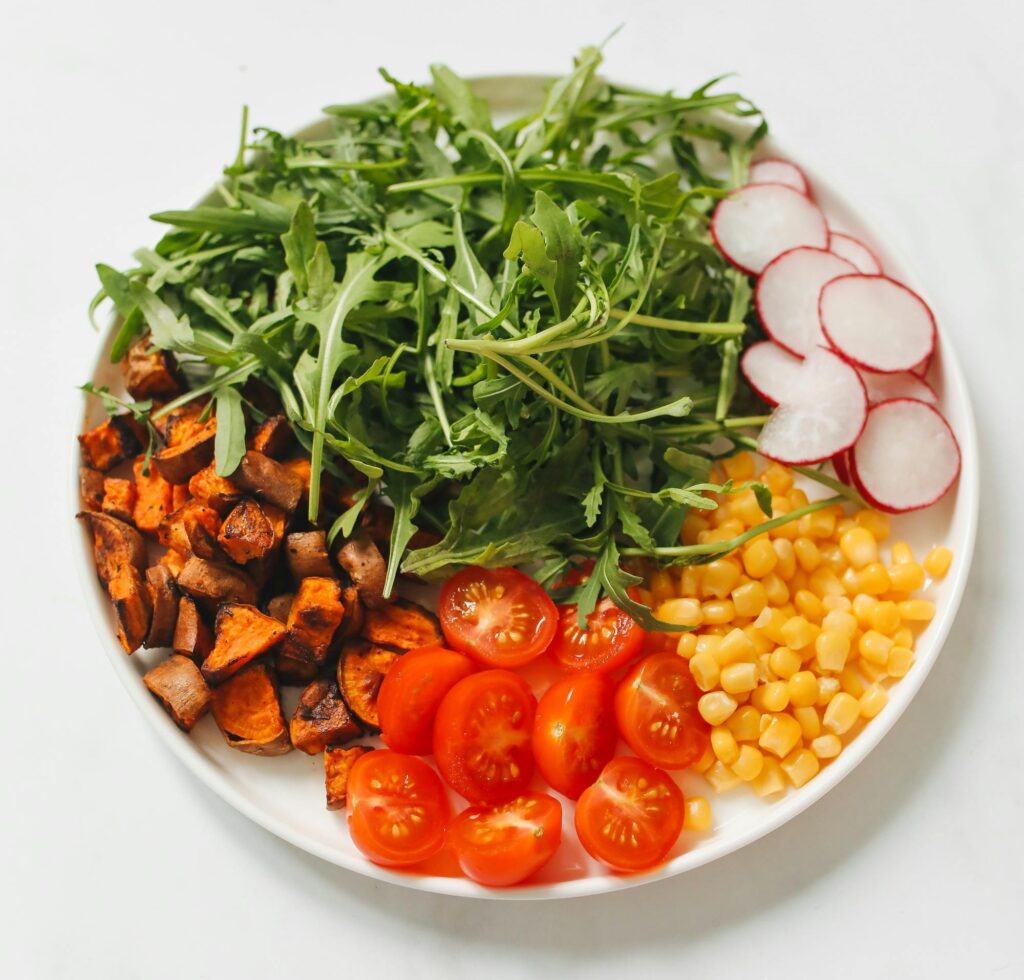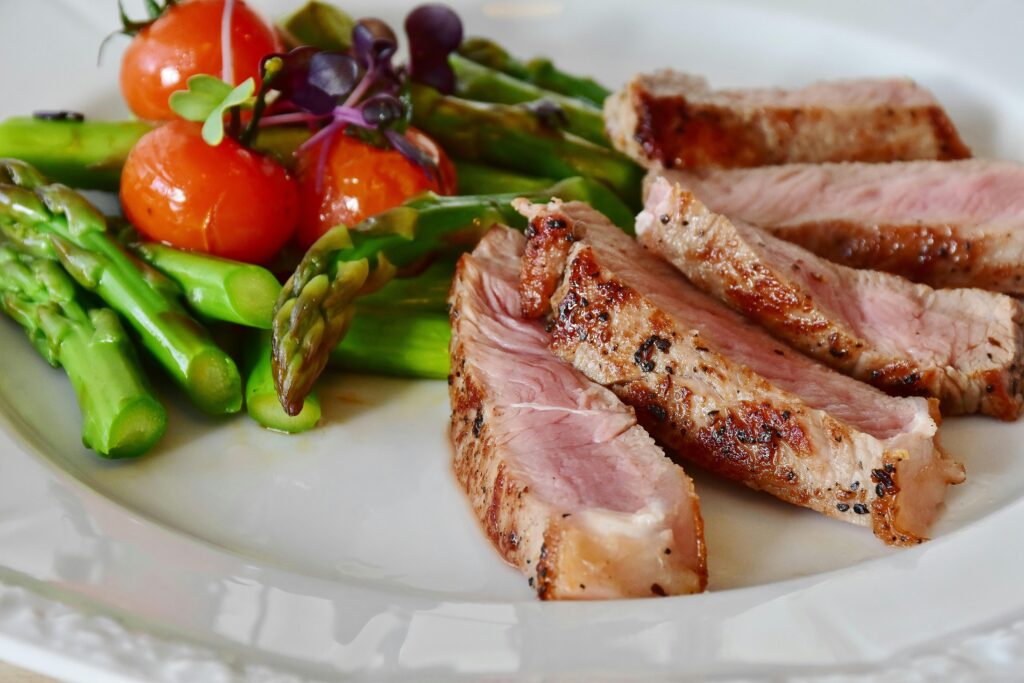Healthy eating is a way of balancing the food you eat to keep your body in great health. With healthy food, you’ll have energy all day, get the vitamins and minerals you need, stay strong for activities you enjoy, and maintain a healthy weight.
Below, you’ll find the best tips for healthy eating.
1. Don’t Skip Any Meals
Eating 3 meals with snacks in between is the ideal way to maintain both energy and a healthy weight. When you skip meals and get hungry, you’re more than likely to choose foods that aren’t very good for you.
If you are eating away from home, take healthy food with you or know where you can buy healthy food from.
2. Learn About How To Prepare Foods
Instead of deep frying, try grilling, stir-frying, microwaving, baking, and even boiling. You should also try fresh or even dried herbs and spices to add flavor to your food. Before you eat any type of meat, be sure to trim the fat and skin off of it.
3. Avoid A Lot Of Sugar
Drinks that contain sugar are a major source of empty energy. What this means, is that the drinks contain a lot of energy that your body may not need, and it doesn’t contain any vitamins or minerals. If you plan to drink sugary drinks, don’t go overboard – limit yourself to 1 a day.

4. Avoid Thinking About Diets
There are no good food nor any bad food. All food can be a part of a healthy diet, when eaten in moderation. You don’t need to buy any low carb, fat free, or even diet foods, as these healthy foods normally have lots of other added ingredients to replace the carbohydrates or fat.
Healthy Food Choices
Eating healthy is something we all would like to do, although it can be hard. In order to eat healthy, you must first make the right food choices. Eating healthy is all about what you eat, which makes the choices very crucial to your results.
Grains
You should consume 6 ounces of grains per day. To do this, you can eat 3 ounces of whole grain cereals, breads, rice, crackers, or pasta. You can get an ounce of grains in a single slice of bread, or 1 cut of cereal.
Vegetables
These should be varied, as you should eat 2 1/2 cups of them each day. You should start eating more of the dark vegetables, such as broccili and spinach. Carrots and sweet potatoes are good as well. You should also eat more dry beans such as peas, pinto beans, and even kidney beans.
Fruits
Fruits are very important. You should try to eat 2 cups of them each day. Focus on eating a variety, such as fresh, frozen, canned, or even dried fruit. You can drink fruit juices as well, although you should use moderation when doing so.
Milk
Milk is your calcium rich friend. For adults, 3 cups is the ideal goal. For kids 2 – 8, 2 cups is where you want to be. When choosing milk products or yogurt, you should go for fat-free or low-fat. Those of you who don’t like milk or can’t have it, should go for lactose free products or other sources of calcium such as fortified foods and beverages.
Meat And Beans

Eating 5 ounces a day is the ideal goal, as you should go lean with your protein. When eating meat, always bake it, grill it, or broil it, as this will prevent grease from adding to the equation. You should vary your protein as well, with more fish, beans, peas, and nuts.
When cooking your food, you should also limit solid fats such as butter, margarine, shortening, and lard. These foods may add flavor to your dishes, although they can also help raise your cholesterol as well. Therefore, you should try to add these foods and any foods that happen to contain them.
To help keep your saturated fat, trans fat, and sodium low, you can check the nutrition facts label. This label can be found on the food package and will tell you all the information you need to know about the food item.
By picking your foods wisely and watching what you eat, you’ll help control your lifestyle. Exercise is great as well, as it goes along perfect with a healthy eating lifestyle. No matter what your age may be, eating healthy will help you keep your active lifestyle for years and years – even help you and your health in the long run as well.


